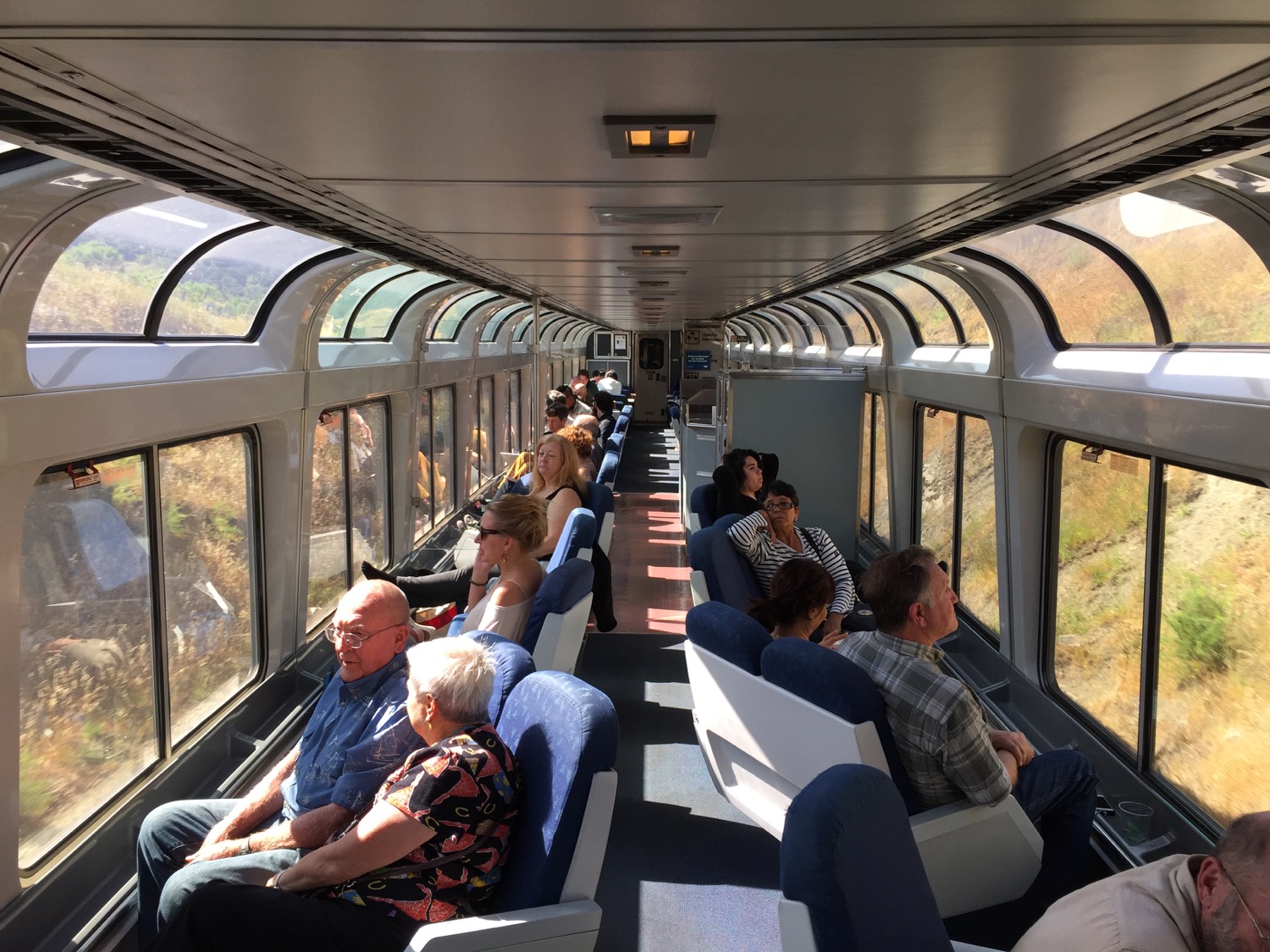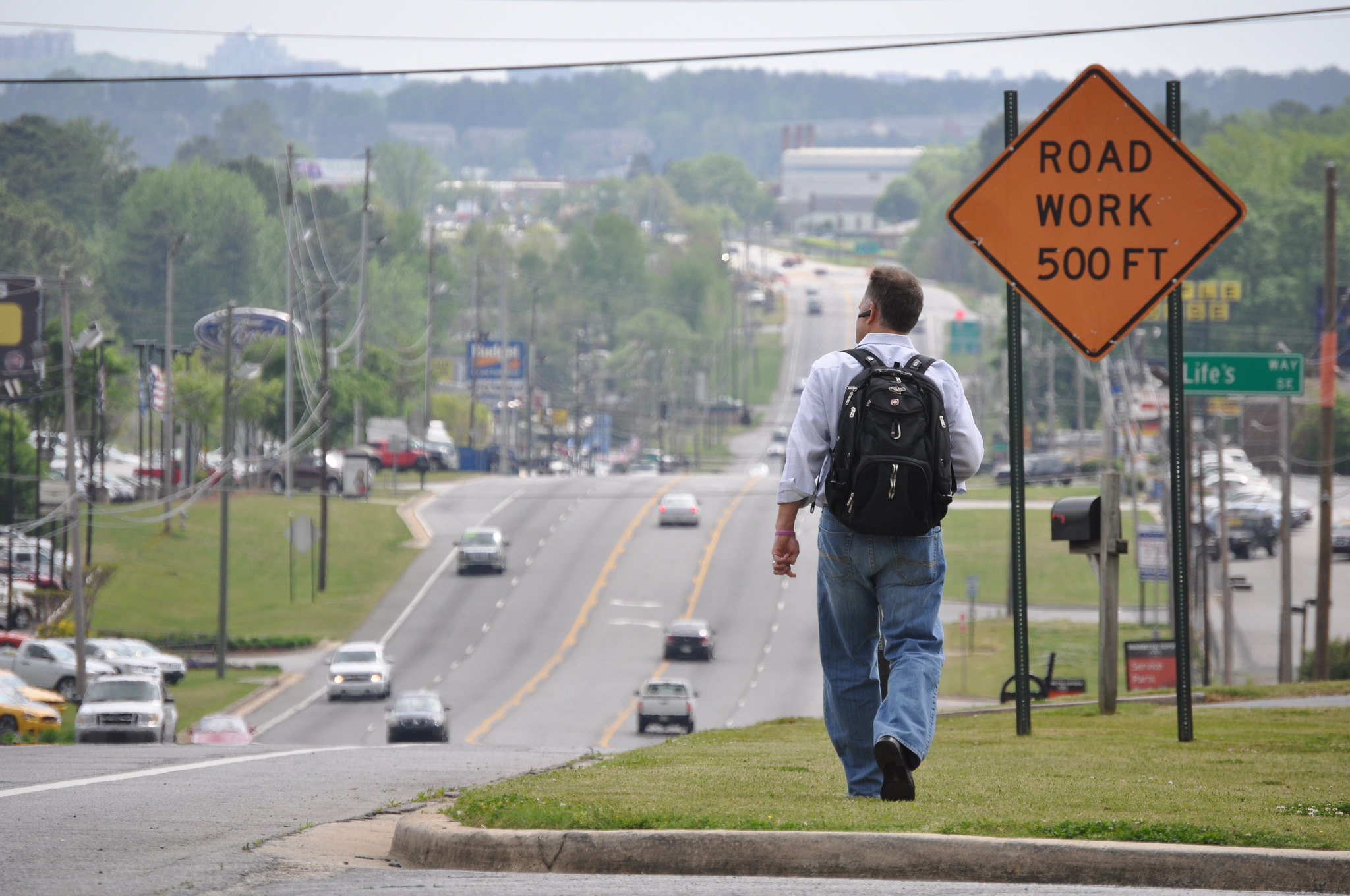After lengthy negotiations, the House and Senate agreed last night on a massive "omnibus" spending bill [PDF] that includes $2.5 billion for high-speed rail -- a compromise between the two chambers -- as well as $150 million for the Obama administration's sustainable communities effort and $150 million for the Washington D.C. Metro system.
 Rep. John Olver (D-MA), chairman of the House appropriations panel for transportation (Photo: MA Power Shift)
Rep. John Olver (D-MA), chairman of the House appropriations panel for transportation (Photo: MA Power Shift)The final legislation omits the $5 billion the White House had sought for its proposed National Infrastructure Bank, with Appropriations Committee members noting in a statement that "due to the complexity of this proposal, it should be considered through the regular authorization process."
In addition, the new bill resolves a politically charged clash over allowing guns on Amtrak trains by removing language that would have threatened the rail network's federal funding if it did not allow firearms in checked baggage.
Instead, the House-Senate agreement requires Amtrak to report to Congress within 180 days on a weapons screening plan and to implement the policy within one year, while consulting with the Department of Homeland Security. The bill makes no mention of possible loss of federal aid.
The House and Senate bills varied widely in their treatment of high-speed rail, with the latter reserving $1.2 billion for bullet trains in 2010 while the former upped the ante to $4 billion.
Transportation reform groups and local planners had lobbied hard for the higher number but appeared to consider $2.5 billion an acceptable midpoint.
"While
the figure is still short of the full $4 billion recommended by the
House, it is a significant step in the right direction," Phineas Baxandall, senior budget analyst at the U.S. Public Interest Research Groups (PIRG), said in a statement. "It sends a
clear message to the country that high-speed rail is on the move."
The Federal Transit Administration (FTA) would receive $10.73 billion for 2010 under the new deal, more than the House-passed level. Washington D.C.'s Metro, facing fare hikes after a June crash that killed nine passengers, would receive $150 million for safety and maintenance.
The $150 million for the administration's inter-agency sustainable communities plan matches the White House request. The U.S. DOT also stands to receive $600 million for competitive, merit-based grants in line with the popular TIGER stimulus program, which is being eyed for this winter's coming jobs bill.
Finally, the new legislation also addresses the congressional investigation into Amtrak management's stormy relationship with its inspector general.
Language in the bill states that the U.S. DOT "shall not make grants for" Amtrak operating in the third and fourth quarters of 2010 until a member of the Council of the Inspectors General on Integrity and Efficiency certifies that the rail network is collaborating successfully with its watchdog.
Late Update: Transportation for America, which had joined U.S. PIRG in pressing for a $4 billion high-speed rail investment, released a statement hailing the agreement and its lead negotiator in the House. T4A co-chairman John Robert Smith said:
This $2.5 billion would not be possible without the efforts ofCongressman John Olver, a friend of public transportation throughouthis 18 years in Congress. We applaud Congressman Olver’s efforts andlook forward to our continued partnership.





